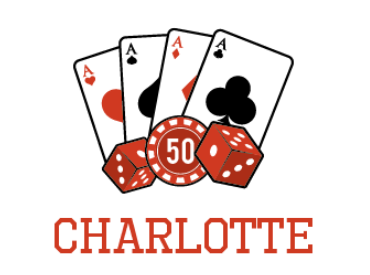Is the USA Online Casino industry booming? According to the latest statistics from the American Gaming Association (AGA), Americans spent $8.4 billion last year playing slots games at US casinos. That’s good news because it means more jobs and an improved economy. But despite recent growth, the US online casino industry remains relatively young. In fact, according to new data released by Statista, only 9% of the total online gambling revenue was generated in 2015. The largest share came from the UK, where players contributed almost 25%. Still, the US online gambling industry continues to grow, and its growth is expected to continue through 2025. That’s why we decided to take a closer look at the legal issues surrounding online gambling in the United States and Canada.
Online gambling in the USA:
The legal landscape of online gambling in the United States is complicated, but many people don’t realize just how complex it really is. It starts with state laws, and then federal law. Many states have passed their own versions of an internet gaming act, which they call “legislation regulating interactive video gaming machines” or IVGMs. Some states are very strict on what types of games can be played on these devices, while others allow them to be used for all sorts of games. The most common types include poker, roulette, slot machines, blackjack, dice, etc. Other states haven’t gotten around to passing their own legislation yet, so the Federal government has stepped up to fill in the gaps.
How Does Your State Regulate Online Casinos?
When it comes to online casinos, each state has its own rules. They vary widely from one another, but some general trends emerge among them. For example, there are three main types of regulations that govern online gambling. They are as follows:
- State-regulated online gambling;
- Independent self-regulatory organizations; and
- No regulation.
Which Type of Regulation Works Best?
For the most part, the first option tends to work best. A state will regulate itself if it thinks that the public isn’t being properly protected. For instance, Nevada is considered to be a prime example of this type of system.
If your state doesn’t want to regulate itself, however, you might need to turn to independent self-regulation instead. This works well when things like consumer protection and fairness are concerned. Independent self-regulators tend to be focused on safety, security, and proper oversight. They do not enforce any specific standards themselves, but they also don’t make any decisions about whether or not certain types of games should be allowed. Instead, they simply decide whether or not they think that particular games comply with whatever state laws apply to them. All of this happens based on complaints, investigations, and other sources of information.
Canadian Internet Gambling Law
In Canada, online gambling is regulated under the same kind of regulatory framework found in the United States. As such, the legal situation here is similar to that of the United States. However, Canadians have chosen a different path. Unlike those who live in the United States, they have opted to completely ban the use of online gambling software and equipment. This decision was made years ago, when the Canadian Parliament passed Bill C-10 back in 2002.
What Is Bill C-10 And Why Was It Passed Back Then?
Bill C-10 was originally introduced back in 2001. At the time, the bill would have banned online gambling entirely. It didn’t pass until 2006, though, after amendments were made to the legislation. Those changes gave rise to Bill C-10, which became law back in 2008. Now, the only websites allowed to operate legally within Canada are those that offer sports betting and horse racing wagering. These two forms of gambling are overseen by provincial governments, rather than the federal government.
Knowing Which is Which
As mentioned above, there is no shortage of different forms of online gambling regulations. Each state is allowed to decide whether or not to permit specific activities, such as offering sports betting or even accepting wagers from other countries like the UK. As you might imagine, this can become quite confusing. Some states have very loose rules, while others require licenses to run any type of business online. We know that it can be difficult to keep track of the various jurisdictions and their differing requirements, so we wrote these articles to help break down the differences between the two major markets.
Final Verdict
Know your regional regulations and requirements! Do everything you can to educate yourself before getting into anything too serious. The worst thing is that gambling in restricted territories may actually see you spending time behind bars! If you’re unsure what you are doing, ask around for advice. Worst case scenario, In fact, just ask anyone else you can find! Better safe than sorry!
